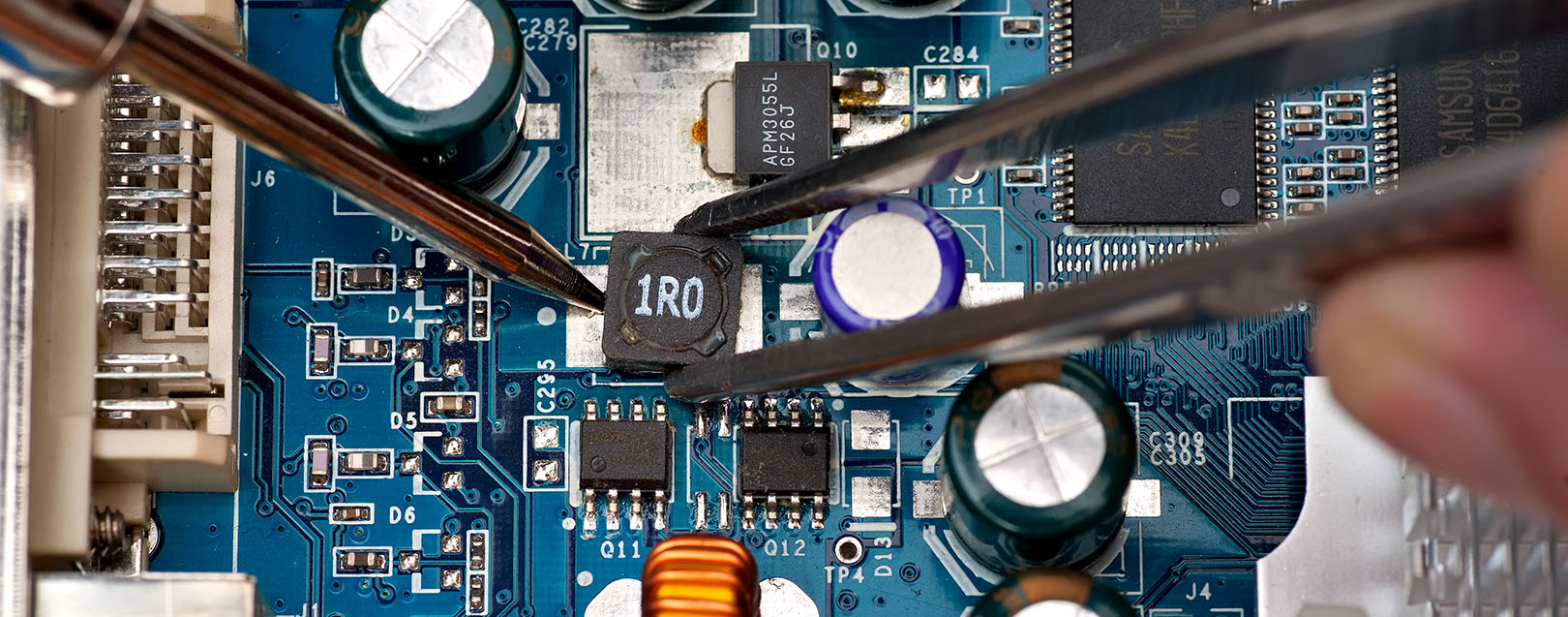
Budget 2017-18: Govt proposes incentive schemes for electronics sector
The Dollar Business Bureau
The Government of India on Wednesday announced several measures for country’s electronics sector including a ‘record allocation’ of Rs.745 crore for incentive schemes such as EDF and M-SIPS and exemption of duty on POS machines, but the measures fell short of the expectations of enthusing local manufacturers.
M-SIPS (Modified Special Incentive Package Scheme) offers subsidy on capital expenditure – 20% for investing in special economic zones (SEZs) and 25% in non-SEZs.
While presenting the Budget 2017-18, Finance Minister Arun Jaitley said that a large number of world leaders and mobile makers have set up manufacturing facilities in the country.
“I have therefore exponentially increased the allocation and incentives of schemes like M-SIPS and EDF (Electronic Development Fund) to Rs.745 crore in 2017-18, this is an all-time high,” Jaitley said.
The government is also building an ecosystem to make the country a hub for electronics manufacturing. More than 250 proposals of investment for electronics manufacturing have been received in the past two years, making a total investment of about Rs.1.26 lakh crore, he added.
Rajoo Goel, Secretary General Electronic Industries Association of India (Elcina) said, “This is not consistent with regards to the request for investment proposal of Rs.1.26 crore. The date for M-SIPS application will be till 2018. If we compute on the basis of subsidy of 25% on capital expenditure then, as per our calculations, projects valuing Rs.3,000 crore can only be implemented in FY 2017-18.”
The customs duty on the imports of printed circuit boards has also been increased by 2% that will lead to a rise in the prices of low-cost mobiles in about the same proportion.
However, the budget avoided the extension of differential duty on receivers, mic, plastics and metals, USB cables and keypad as demanded by mobile phones manufacturers under the second phase of manufacturing programme.
Pankaj Mohindroo, National President, Indian Cellular Association (ICA), said, “The phased manufacturing programme is at the core of the development of a mobile ecosystem in India to achieve the target of producing 500 million handsets by 2019 and the target of exporting 120 million mobile phones by FY 2019-20. Although there is no mention in the Budget about it, we are expecting it to be raised during the debate.”






 to success.
to success.